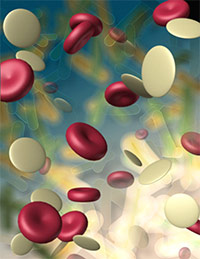
The National Institutes of Health has named immunotherapy as a top form of cancer treatment. In the past, chemotherapy and radiation were typically the main types of cancer treatments that the NIH focused on. However, research findings and treatment advances have led to an increase in the demand for immunotherapy for cancer.
Fighting Cancer with the Immune System
Immunotherapy relies on the body’s immune system to seek out and destroy cancer cells before they have a chance to spread. This type of treatment focuses on strengthening natural immune defenses against cancer rather than targeting and destroying cancer with radiation or chemotherapy. This helps protect healthy cells from damage and lowers the risk of nausea and other potentially severe side effects.
Advances in Immunotherapy
Advances in immunotherapy for cancer have led to significant improvements in this type of treatment, which has resulted in a higher number of successes for those with certain types of cancer. Researchers are also doing studies to find out more about immunotherapy in order to provide more and more cancer patients with effective treatment.
Current research has been focusing on why this type of treatment works better for some patients, what other kinds of cancer it can be used for, and how to make it more effective when used in combination with other forms of cancer treatment. These findings should lead to even more successes for immunotherapy.
If you’re interested in learning more about how immunotherapy for cancer works, please contact Issels®. Our cancer treatments are nontoxic and can be effective for certain cancers that are difficult to treat.




